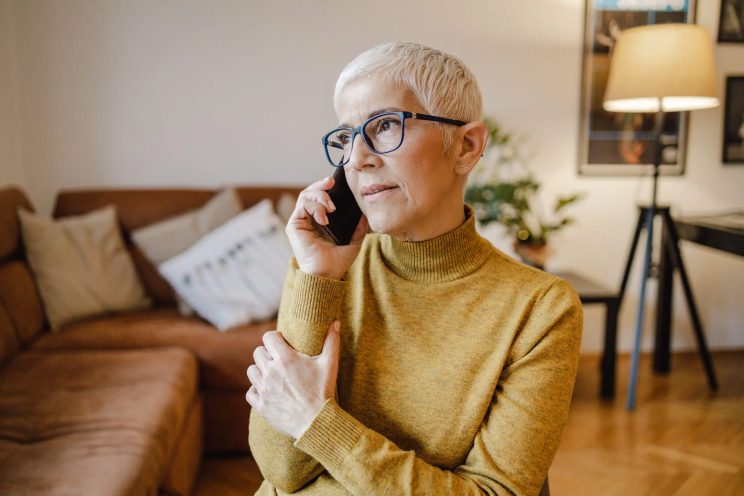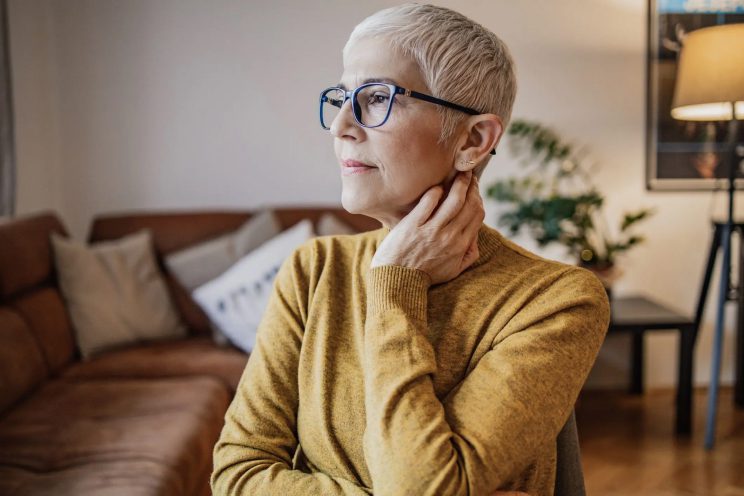Treatment for Anxiety Disorders
Treatment for Anxiety Disorder
At Creekside, we take a holistic approach to treating all forms of anxiety. Anxiety disorders are the most common psychiatric disorders and yet they often go undiagnosed.
Through our Acute Psychiatric Inpatient Program, adolescents (7-17), adults, and senior patients can receive short-term treatment for the five major types of anxiety disorders:
- Generalized Anxiety Disorder (GAD)
- Obsessive-Compulsive Disorder (OCD)
- Panic Disorder
- Post Traumatic Stress Disorder (PTSD)
- Social Phobia (or Social Anxiety Disorder)
Anxiety disorders often occur with other anxiety or depressive disorders, as well as other somatic symptom disorders, and personality disorders.

What is Anxiety Disorder?
According to the National Institute of Mental Health (NIMH), approximately 31% of adults in the United States experience an anxiety disorder at some point in their lives. In any given year, it is estimated that around 19% of adults in the U.S. have an anxiety disorder.
Anxiety is a normal human emotion that everyone experiences from time to time. It’s a natural reaction to any number of daily stressors; challenges at work, an important exam, or a big life-changing decision can all trigger a healthy amount of anxiety. However, anxiety disorders are different and cause long-lasting effects that make it difficult for a person to lead a normal life. People who experience anxiety disorders are frequently distressed by constant and overwhelming worry or fear.
Anxiety disorders may stem from a malfunctioning part of the brain where fear and other emotions are regulated. Many studies have indicated that severe or prolonged anxiety can alter the way nerve cells transmit information from one part of the brain to another. Additionally, certain anxiety disorders can change the brain structures that control memories and emotions — making it more difficult to regulate critical systems within the body.
Anxiety disorders affect millions of people of all ages and can be inherited, caused by certain environmental factors, or both.
What are the symptoms of Anxiety disorder?
Anxiety disorders can manifest in many different ways. It’s important to understand that some occasional symptoms of anxiety are normal, but prolonged or severe instances of the following anxiety symptoms should be assessed and treated by a mental health professional.
- Excessive worrying
- Imagining the worst-case scenarios in day-to-day activities
- Viewing non-threatening things as threatening
- Difficulty concentrating
- Shortness of breath and racing heartbeat
- Shaking and sweating
- Nausea and stomach issues, including vomiting or diarrhea
These symptoms aren’t exclusive to heroin use, but if your loved one has a history of substance abuse and you suspect heroin use, get them help before it’s too late. Your suspicions are likely correct.

When To Get Help for Anxiety Disorder
While coping strategies for anxiety can be highly effective, sometimes the worry, fear, and anxiety attacks can become too much and disrupt your daily life. When that happens, it’s important to seek professional help. If you are struggling with any type of anxiety disorder, the mental health professionals at Creekside Behavioral Health can support you on your journey to a better life.